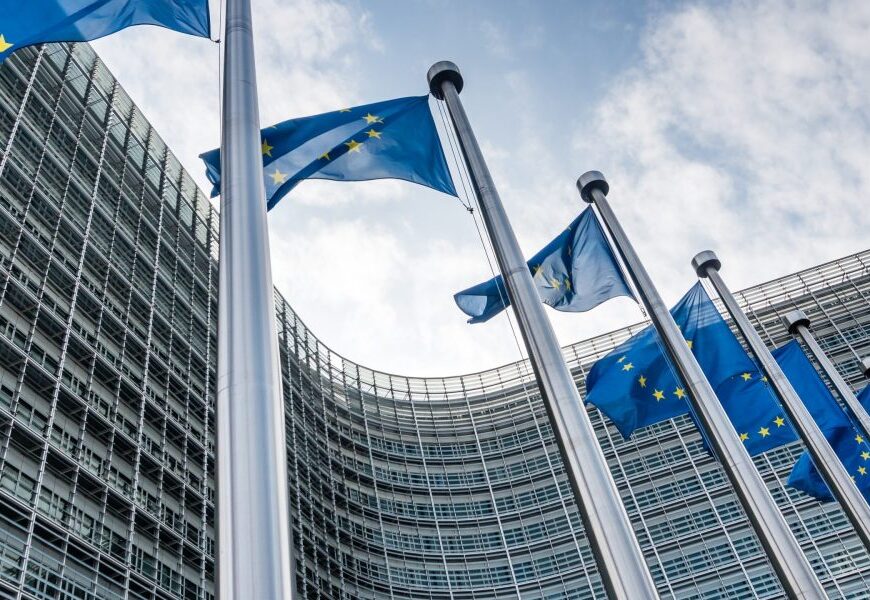If Silicon Valley stands out as the premier destination for delving into AI and its prominent Big Tech proprietors, Brussels emerges as a significant hub for comprehending tech policy and, increasingly, the influence of AI on startups and their scaling processes.
Recent developments saw Microsoft facing scrutiny from European tech competition regulators. In a move reminiscent of the past, the world’s largest company by market capitalization opted to globally cease the bundling of its Teams app with its Office software. This decision followed its prior unbundling in Europe last year, which preempted an antitrust action by the EU.
Brussels, along with Belgium as a whole, offers valuable insights and lessons for tech firms. The Financial Times highlighted Belgium’s presence among the top 10 nations in its ranking of Europe’s 1,000 fastest-growing companies for the first time. Leading the Belgian contingent were BeInfluence Europe, Logistics Capital Partners, and Techwolf.
Similarly, Italy, often viewed as an economic underperformer and home to many senior executives, surprisingly boasted the highest number of rapidly growing companies in Europe, surpassing the likes of the U.K., Germany, and France. The Italian cohort was spearheaded by Bidberry, The Sense Experience Resort, and WECO.
The unexpected success of Belgium and Italy challenges the notion that the AI era solely favors industry giants like Microsoft and Alphabet. Companies in Belgium and Italy tend to be SME-sized, in contrast to the large multinational corporations prevalent elsewhere in Europe.
Jürgen Ingels, the founder of several thriving Belgian tech ventures such as payments company Clear2pay and game developer Crazygames, attributes the success of his homeland to fundamental factors: a government that facilitates rather than hinders, and entrepreneurs who cultivate not just individual companies but entire startup ecosystems.
Ingels also highlighted how AI enables startups to achieve unprecedented growth rates, emphasizing a shift in business models. He noted the trend of tech companies with relatively small teams automating their back-office operations efficiently, underscoring the evolving importance of creativity over capital in the current landscape.
In a related development, for those skeptical of the AI hype cycle, Jon Stewart’s recent segment on “the false promise of AI” offers a satirical take. The comedian challenges the prevailing corporate AI narrative, poking fun at proponents like Satya Nadella and Sam Altman, including those who share his skepticism.
For more updates, please refer to the information provided below.
Peter Vanham
[email protected]
@petervanham
Top News
Boeing’s CEO Search: Boeing’s board faces the task of selecting a new CEO following Dave Calhoun’s upcoming retirement amidst the company’s safety controversies. Insiders suggest that Boeing’s next CEO will likely need to be a fresh face, young, and a hands-on specialist to steer manufacturing back on course. Fortune
Sixth Street Partners: Sixth Street Partners, an investment firm based in the Bay Area and led by Goldman Sachs veteran Alan Waxman, emerges as a dynamic alternative to traditional Wall Street players. Managing a significant fund of $27 billion, the firm’s diverse investments include sports teams like the San Antonio Spurs and FC Barcelona. Despite its success, an IPO is currently not in Sixth Street’s plans. Fortune
Intel’s Challenges: Intel faced a $7 billion operating loss in its chipmaking division last year as it strives to catch up with leading semiconductor manufacturer TSMC. Following this revelation, Intel’s shares experienced a 4% decline in extended trading. The company anticipates that operating losses in its chipmaking business will peak this year. CNBC
Around The Watercooler
- The ‘Meta AI mafia’ witnesses the departure of at least three high-level members. By Sharon Goldman
- Slack’s chief product officer resigns, marking the exit of all early top executives from the messaging service. By Kylie Robison and Alexandra Sternlicht
- McKinsey offers some managers up to 9 months’ salary to depart—examining the circumstances where accepting the offer makes sense. By Emma Burleigh
- Schneider Electric’s leader discusses the energy sector’s future, emphasizing the demand for clean electricity as a guiding force. By Prarthana Prakash
- Gen Z individuals have started saving for retirement much earlier than baby boomers, yet challenges persist. By Alicia Adamczyk
- Analysis: Bob Iger’s strategic vision for Disney’s growth in the next decade promises an exciting journey for the Magic Kingdom’s future. By Jeffrey Sonnenfeld and Steven Tian
T his edition of CEO Daily was curated by Nicholas Gordon.
This version of CEO Daily is available on the web and offers indispensable insights from Fortune CEO Alan Murray. Subscribe to receive it directly in your inbox.










